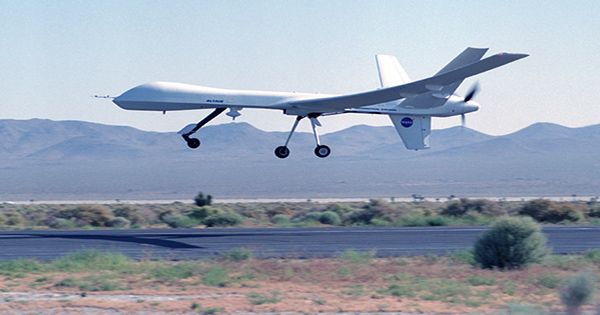Ten years ago I started Mozio with the idea of creating a global distribution system for land transport – an air travel with Saber, Amadeus and Travelport as a mediator in the land transport industry, similar to the land transport industry. We were very early – just like in the “onboarding” episode of Uber and Lime and via invention, we started an integration engine on the ground.
As a result, we’ve built a strong business in a relative niche – airport transfers – and bid our time while strengthening most of the on-screen activity of booking.com, Air France, Jet Blue, TUI and many other big travel brands. One of our central theses on ground control is that the first 10 years of our current mobility revolution were dedicated to bringing fully online transport, or “onboarding” but the next decade will be dedicated to integrating these different types of transport.
Uber brought local car service online, manually sending and dematerializing competitors to call centers. SilverRail brought the national rail system into the modern era and made them accessible for distribution while updating their internal IT systems. A whole new category of lime, bird, tire, revolver and motive has been added to the development and scootershare that we now grant. Bytemark, Masabi and many more public transit booking engines have been adopted, and many companies now operate an “open loop” system that allows travelers to tap into the subway using their MasterCard or Visa.
In aviation, the last 10 years have been filled with airlines relying on the NDC (essentially, an XML feed), paving the way for the emergence of companies like Basic API functionality and duffel and kits to disrupt traditional theatrical GDSs such as Saber, Amadeus and Travelport. Most of the innovations over the last 8-10 years have simply brought a large number of these mobility options online or updated systems that were archeological and did not allow any kind of external integration. As a result, much of the dynamic revolution remains silent. I am shocked that Laft, Uber, Bolt, FreeNO and most of the big rideshare companies do not have fully functional APIs.
















